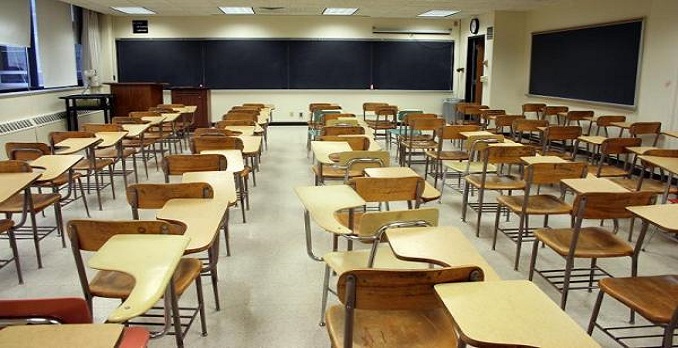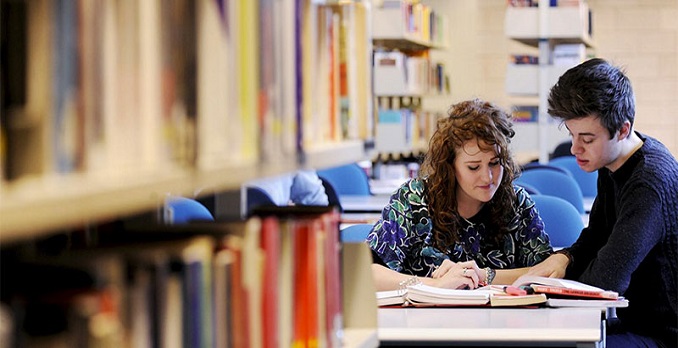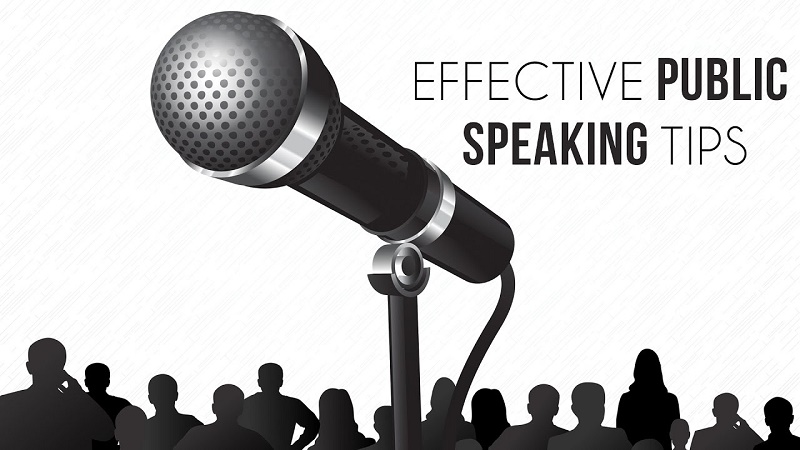To optimize long hours of study, there are no magic formulas. Observe the best students common characteristics. For us, the need to find an adequate method of study is essential. Let’s discover how do top students study. We use several keyboards at the same time, we control the bellows and play an instrument where virtuosity is a need. It is a method of study adaptable to anyone who does not exist even if in recent years. I can get double the results with half the time.
How do top students study?

Observing the best students, I noticed how they shared certain elements. I want to analyze some of their effective solutions: a) briefly: they study regularly and never move the weekly lessons; b) do not study much; c) prefer quality over quantity.
Regularity
Never move lessons a sign of tenacity and responsibility. The self-imposition of regularity leads to the responsible confrontation with the weekly objectives, while the possibility of moving the lesson produces indecision and lack of depth. They are aware that every single note of the program should be studied today. Tomorrow it will be harder to do it. They also understand how much better it is to study half an hour a day, rather than ten hours in a single day.

Do not study too much
Not studying so many hours a day “sounds” not very effective; I can, however, endorse it with great conviction. Now reflect on this trivial distinction between “studying” and “playing”; in the first case, the head is used to understand the problems and solve them, while in the second one focuses on the interpretation and the musicality. Studying so much produces in fact that you “play” a lot and you “study a little,” and this generates addiction and a very dangerous interpretive rigidity.
It often happens that I ask my students to slow down for a while ‘days, especially when not known constant improvements and, on time, these come back with a greater freshness of interpretation. I would not pass the concept that studying little is good, absolutely not! These talents at important concerts, exams or competitions, I can study 8/10 hours a day. The key is therefore simple or stays focused as much as possible by constantly pursuing micro-objectives.

Avoid Mistakes
Human beings are not computers; a “delete” is not enough to get rid of a bad habit. The psychological implications, which produce insecurities difficult to manage on stage, start right from here. The awareness of one’s abilities is fundamental for an intense interpretation.
In order not to make a mistake, it is necessary not to make mistakes even during the daily study. In practice, ours proceed in the study only after having clarified the contingent difficulties. Let’s take a practical example: if we only have 30 minutes, we could have a superficial approach where we will try to read the whole piece, and this will follow a thousand justifications or worse we will look for the guilt of the teacher.
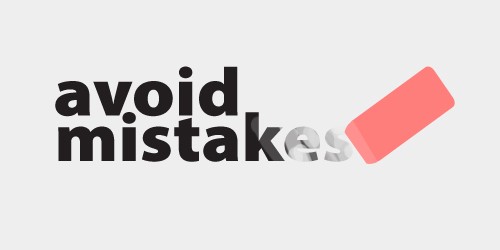
Making mistakes generates tension between teacher/pupil and causes fundamental frustrations, that destroy the potential security of the young artist. Instead, a talented student observes the piece, decides what it is possible to do, resolves what has been decided, and the teacher will say: “Little, but perfect.” The word “perfect” works more than the word “very.”
In practice, these guys avoid putting in memory errors that could come back on stage. I always tell this good story to my students to make them aware of the problem. The song is like a field of flowers without roads; one must observe it and look for the shortest way to cross it.
Flowers are the interpretation, and every mistake corresponds to the different roads added. An inadequate study will produce a disordered field and many trampled flowers. Traveling along one path will reduce the length of the route,
Three phases of the study
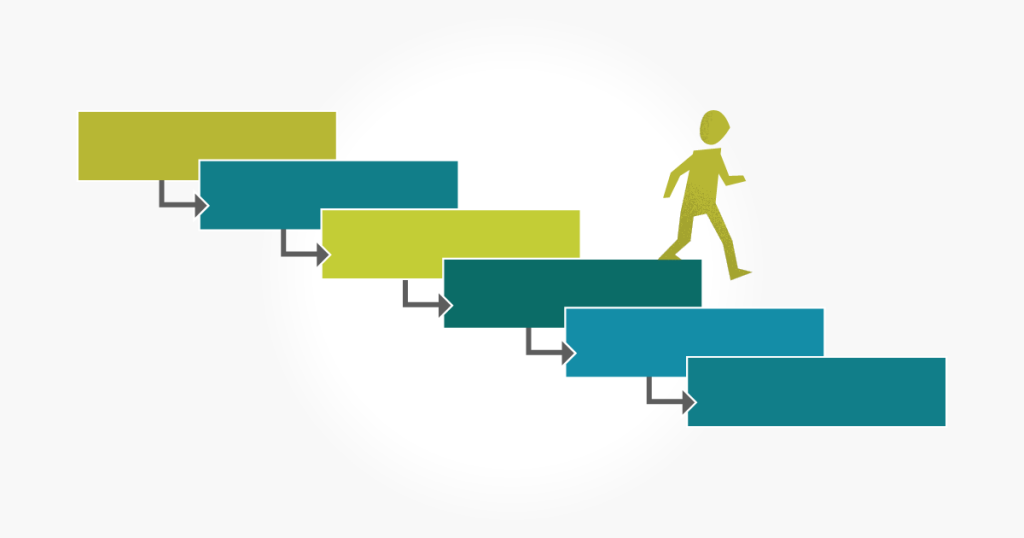
An optimized approach to a piece involves three distinct phases.
• READING: in this phase, you find the right notes, clarify the fingering and understand the joints between the hands. Put the speed, interpretation, and inversions of the bellows in the background. You declare war on mistakes!
• TIME: divide the piece into parts and deal with them separately. Priority goes to time, and the metronome becomes your favorite enemy. Try to get as close as possible to the final speed by identifying the critical phrases.
• INTERPRETATION: if you have not added errors and if everything is clear, you can concentrate on phrasing, articulations, bellows inversions and character. At this point, it becomes easier to solve even the most difficult sentences.
Tips
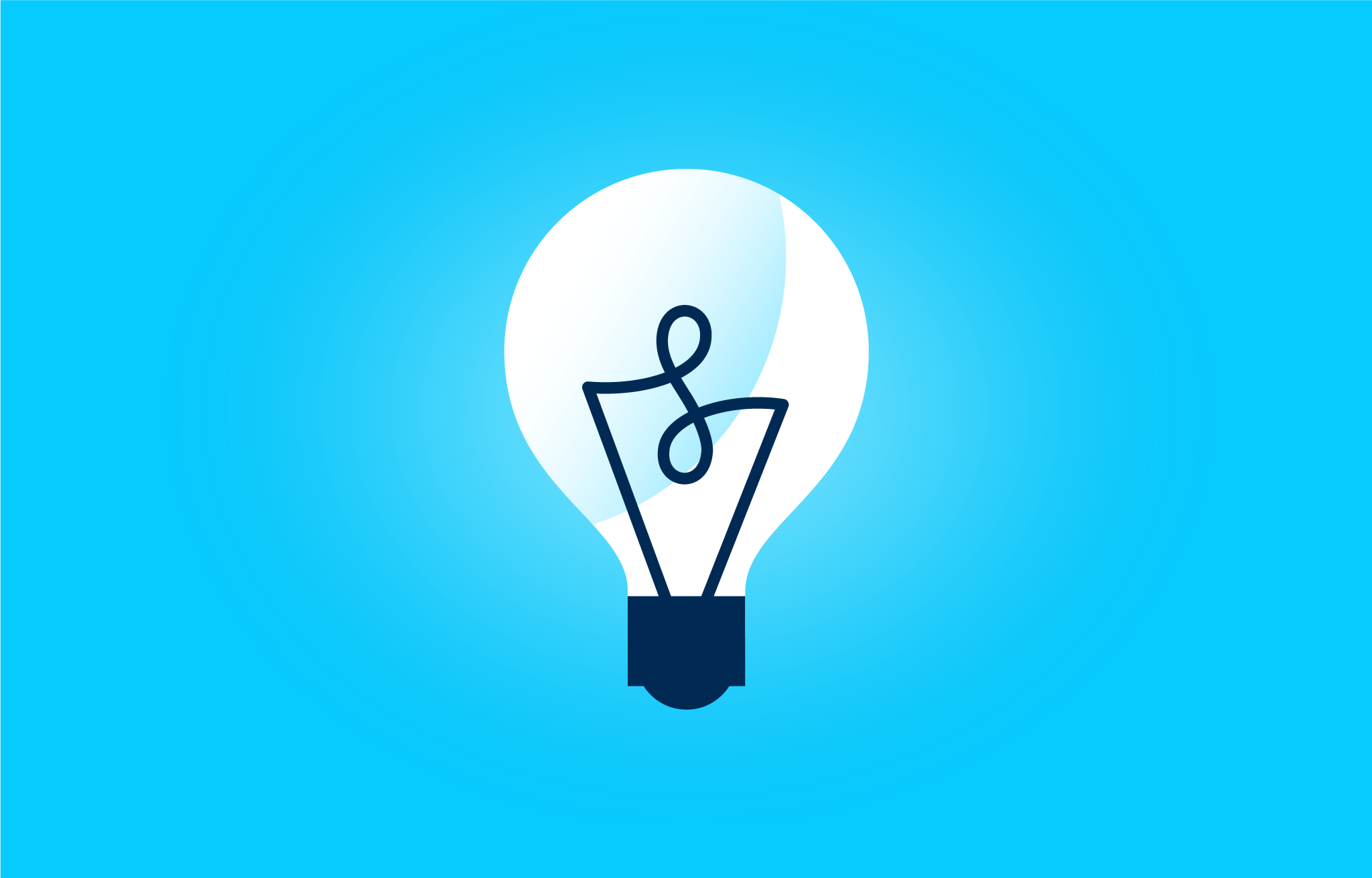
- It is not possible to correct too many things at a time. Decide moment by moment the micro-objective to be pursued and reach it without proceeding further.
- Rule of the three. When an error occurs, do not consider it; the second time raises the concentration, but proceed. At the third, the problem is real and must be approached methodically.
- When you study (I do not mean playing) you never play the song completely. The parts must be separated and must never be too long.
- Autogratification is essential in order not to get bored. Perform reward mechanisms such as rest after a defined number of repetitions, use the metronome to gratify even the slightest improvement, or maybe you will occasionally taste chocolate (one only though!).
- • Stopping 5/10 minutes every hour helps our brain to reorganize the acquired novelties. Consulting the various social networks or sending a hundred messages does not mean rest and distracting. Stroll, eat something, smile.
Conclusions
When the head has understood and resolved everything, the muscles will move in perfect sequence, and the heart will make the listener forget that those who embrace the accordion are not you … but your soul.


